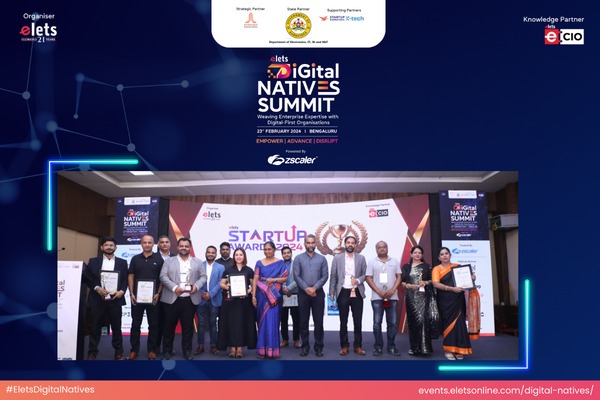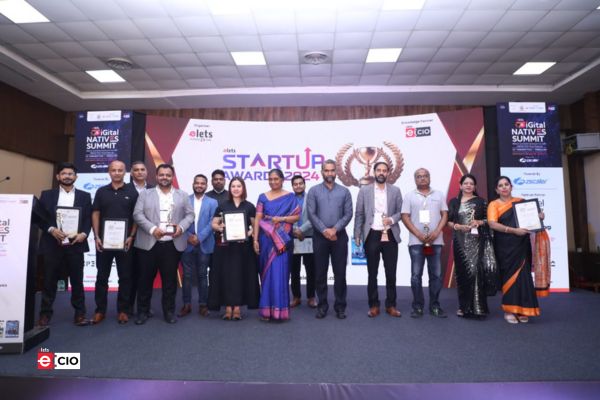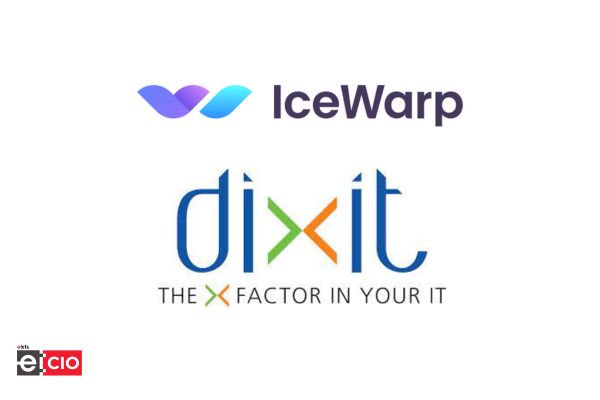
According to recent study by Qlik, businesses are looking to a hybrid approach that combines generative AI with traditional AI to scale its influence across their organizations. These investments will be made to enable generative AI success.
Enterprise Technology Research (ETR), acting on behalf of Qlik, polled 200 C-Level executives, VPs, and Directors from Global 2000 companies across several industries for the “Generative AI Benchmark Report” in August 2023. In order to make the most of their investments in generative AI, the study investigates how executives are using the generative AI tools they bought, lessons learned, and areas they are focused on.

According to James Fisher, Chief Strategy Officer of Qlik, “Generative AI’s potential has ignited a wave of investment and interest both in discrete generative AI tools and in technologies that help organizations manage risk, embrace complexity, and scale generative AI and traditional AI for impact.” Prominent companies are recognizing the importance of having a dependable data foundation to empower these tools, a fact substantiated by our Generative AI Benchmark report. The valuable insights and innovative use cases, where the synergy of generative AI and traditional AI becomes evident, are made possible by the strength of this data foundation.
While the initial excitement about what generative AI might accomplish still exists, the survey showed that leaders are aware that in order to truly grasp the revolutionary potential of these tools, they must surround them with the appropriate data strategies and technology. And although though many are moving forward with generative AI to ease competitive pressures and gain efficiency, they are also seeking advice on where to begin and how to advance swiftly while keeping an eye on risk and governance issues.
Developing the Potential of Generative AI

Respondents indicated they definitely envision traditional AI continuing to deliver continued value in areas like predictive analytics, despite the current focus on generative AI. They anticipate that generative AI will be useful in broadening the application of AI beyond data scientists and engineers and making it more accessible to a wider range of people. Leaders anticipate that by using this strategy, they will be able to unlock deeper insights and identify fresh, innovative solutions to issues much more quickly.
An tremendous amount of investment has been motivated by this notion of what is achievable with generative AI. 79% of those polled said they had either invested in or bought generative AI tools, and 31% said they planned to spend more than $10 million on generative AI projects in the upcoming year. However, given that 44% of these firms said they don’t have a clear generative AI strategy, those investments face the danger of becoming isolated.
Providing the Right Strategy and Support for Generative AI
When asked how they would approach generative AI, 68% indicated they would use models that were already public or open-source but had been improved using private data, and 45% said they were exploring creating their own models from scratch using private data.
To prevent the widely reported data security, governance, bias, and hallucination problems that might arise with generative AI, expertise in these domains is essential. Respondents are aware of their need for assistance, and 60% of them say they want to use some or all third-party knowledge to bridge this gap.
To address these problems, many firms are turning to data fabrics as a key component of their strategy. When it comes to generative AI, respondents agreed that their data fabrics either need to be upgraded or aren’t ready. Actually, only 20% of respondents think their data fabric is very/extremely capable of satisfying their needs for generative AI.
Given this, it is hardly surprising that 73% of respondents anticipate raising their spending on data fabric-supporting technologies. Since nearly three-quarters of respondents expect generative AI to increase the quantity of data transferred or managed on current analytics, some of that spending will need to be devoted to managing data quantities. The majority of respondents also stated that data governance, data integration, BI/Analytics, ML/AI tools, and data quality are all critical or very key aspects to establishing a data fabric that supports the development of generative AI. Investments in these areas will assist firms in removing some of the most typical implementation challenges, including legislation, data security, and resources, according to respondents.
Also Read | Qlik empowers Enterprises with AI-Driven solutions
The Secret to Generative AI Success– It’s All About the Data
The finest AI results begin with the best data, despite the fact that every organization’s AI strategy should and can vary. A modern data fabric is necessary due to the vast volume of data that must be curated, quality-assured, secured, and managed in order to support AI and build viable generative AI models. After the data is ready, the platform should offer AI-enabled end-to-end capabilities that enable all users, regardless of skill level, to gain insightful knowledge through automation and support.











